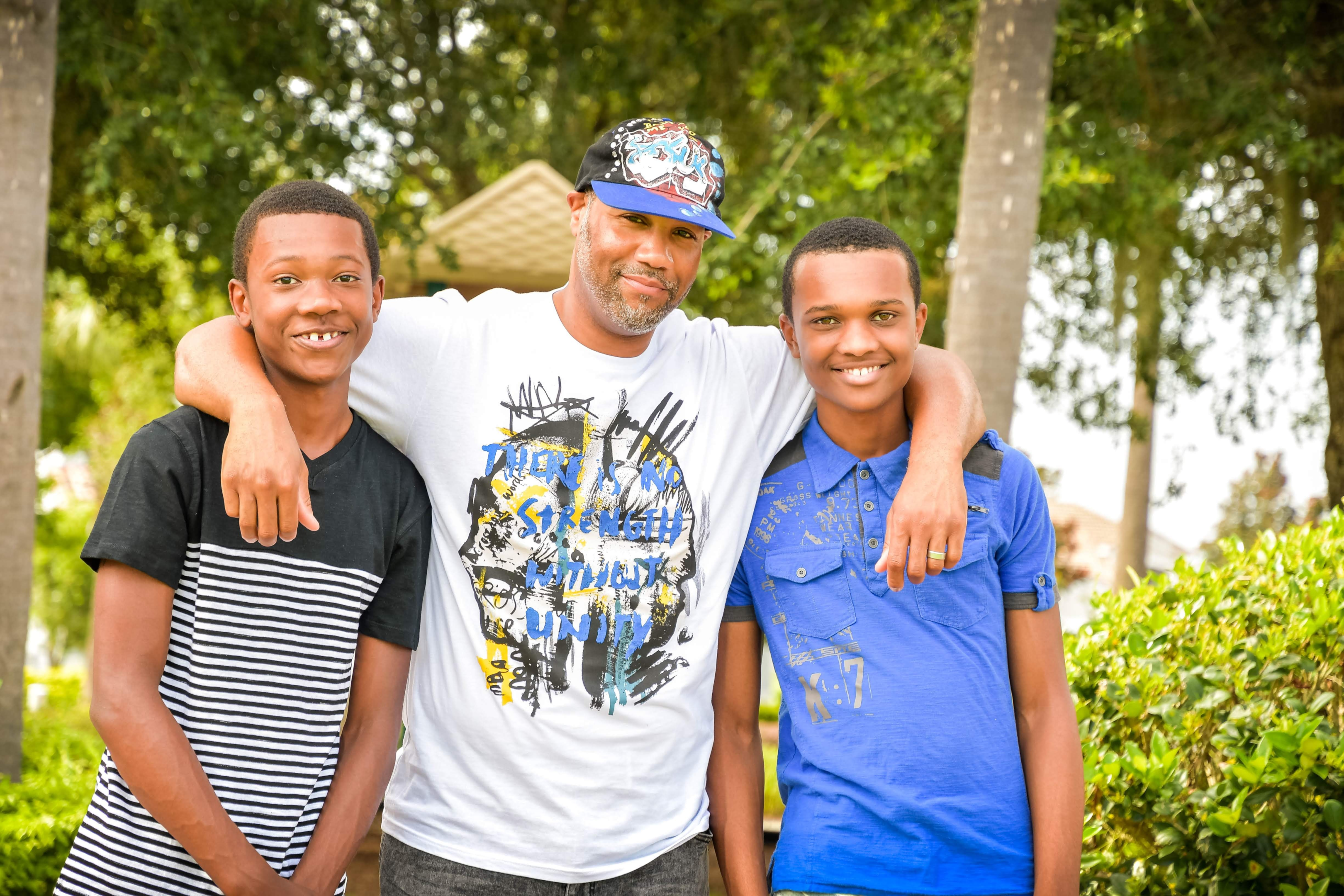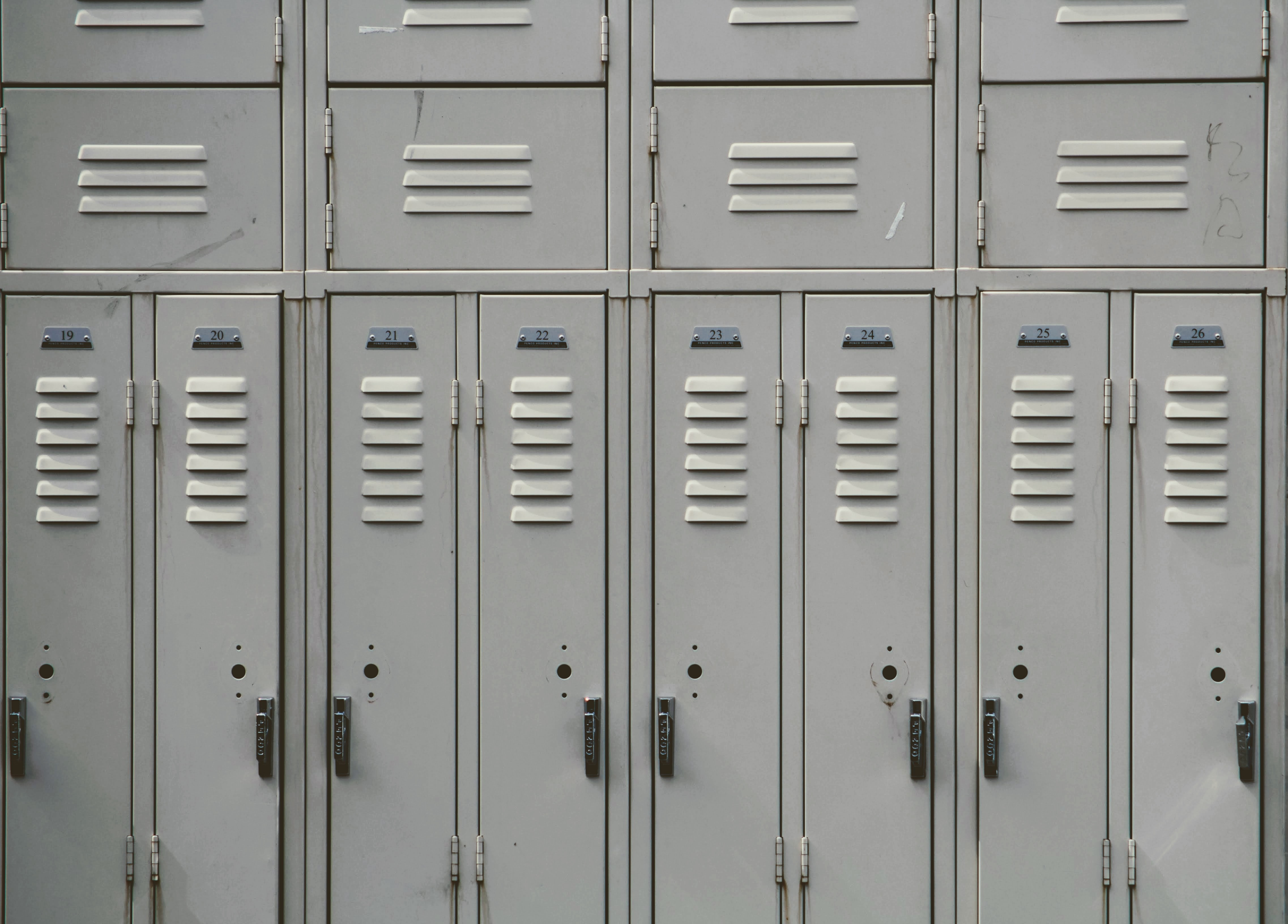Austin Juvenile Defense Attorney
Austin Juvenile Defense Attorney | Lawyer for Minors | Juvenile Lawyer
If your child faces an accusation of a criminal offense, it can be a confusing and stressful time for both them and your family. You might not know what the next step should be.
In this stressful moment, it’s important to have an experienced juvenile defense attorney on your side. If you would like legal advice from a criminal defense attorney, please fill out a contact form or text 512-677-5003.
Understanding the Juvenile Criminal Justice System
Juvenile proceedings behave differently than adult criminal offenses. The goal of the juvenile court system is not to punish minors for their criminal matters, but also to rehabilitate them and help them get back on track. Across the board, adults typically face more severe penalties.
In Texas, a minor is defined as anyone under the age of 17 and over 10. A status offense is an act that is only considered a crime because the person committing it is underage, such as truancy or curfew violations. Delinquent offenses are crimes that would be illegal for anyone to commit, regardless of age.
Delinquent Conduct
Delinquent conduct in the Texas Juvenile Justice System refers to actions that violate criminal law. These offenses can range from misdemeanors, such as petty theft or vandalism, to more serious crimes like assault or even homicide.
In grave instances, the court may choose to certify a minor as an adult, which allows them to be tried and potentially sentenced as an adult. It’s crucial to have the guidance and representation of an experienced juvenile defense attorney to navigate these complex situations.
The Juvenile Detention Hearing
The Detention Hearing is a critical stage in the Texas Juvenile Justice System. It is typically held within two working days of the minor being taken into custody, and determines whether the minor will be held in custody or released to their parents/guardians. In Travis County, these are held at the Gardner-Betts Juvenile Detention Center, at Oltorf and Congress.
The judge considers factors such as the nature of the alleged juvenile crimes, the minor’s prior legal issues, and whether the minor poses a risk to themselves or the community.
The minor has the right to be represented by a criminal defense attorney at the Detention Hearing and all subsequent proceedings. The juvenile attorney can challenge the necessity of detention, argue for conditions of release, and counter any unfavorable evidence presented.
The input of parents or guardians can be instrumental in arguing for the minor’s release, as they can provide information about the minor’s character, stability of the home environment, and willingness to comply with court-imposed conditions. The juvenile lawyer can counsel the minor child, but also their parents to guide them to a favorable outcome.
If a child is detained, he or she is entitled to another detention hearing within 10 days. A well-prepared and effective defense by the juvenile attorney can have a significant impact on the outcome of this hearing, and by extension, the entire case.
The Role of the Parents in the Juvenile Justice System
Parents play a fundamental role in the juvenile justice process, beginning with their presence at the Detention Hearing. They provide insights into the minor’s character and home situation that the judge can use when considering detention or release.
Furthermore, parents can facilitate their child’s compliance with court-imposed conditions, such as curfews, school attendance, or counseling appointments, which can positively influence the case’s outcome. Their active involvement in their child’s rehabilitation process, such as participation in family therapy or counseling, can significantly contribute to a positive outcome.
Adult Criminal Law vs. Juvenile Law
Juvenile cases differ significantly from the adult system. Adult criminal law is primarily punitive and focuses on retribution. When an adult is found to have violated the law, they are deemed ‘guilty,’.
On the contrary, the juvenile justice system, or juvenile law, is more rehabilitative than punitive. The system aims to guide minors towards better behavior rather than punishing them harshly. When a minor is found to have engaged in criminal behavior, the terminology used is not ‘guilty,’ but rather that ‘delinquent conduct’ has occurred. This language reflects the system’s goal of rehabilitation and reintegration of the minor into society rather than punishment.
Plea negotiations in Juvenile Court
Plea negotiations play a pivotal role in the juvenile justice system because of the system’s emphasis on rehabilitation over punishment. These negotiations often involve discussions about counseling, education, and community service opportunities to help the young person develop better decision-making skills and avoid further legal trouble.
Because of the emphasis on rehabilitation, cases in juvenile court rarely proceed to a jury trial. This is unlike the adult court system, where trials are more common due to the punitive nature of the proceedings. An experienced juvenile attorney will begin plea negotiations early, and focus on minimizing the burden on the child and his/her family.
Juvenile Probation
A Juvenile Probation Officer (JPO) holds a unique role compared to an Adult Probation Officer (PO). From the outset of a minor’s engagement with the justice system, a JPO is assigned. Their role is not just supervisory but is highly involved in the child’s life, acting almost like a social worker.
The JPO’s aim is to assist in the minor’s rehabilitation and to guide them back onto a law-abiding path. They are often involved in creating a comprehensive reform plan, which may include educational support, therapy, and community service. The JPO also works closely with the minor’s family and other social services, aiming to address the root causes of the delinquent behavior.
Probation at Home
Probation at home is the most common punishment in the juvenile justice system. This form of punishment requires the minor to remain at their residence during specific hours, typically involving overnight curfew or full-day confinement, with allowances for attending school or work. The enforcement of these conditions is sometimes aided by electronic monitoring devices.
By allowing the juvenile to remain in their home, they can maintain connections to family and community, continue their education or employment, and receive any necessary therapeutic services.
Probation at home strikes a balance between rehabilitation and punishment, providing a structured environment that encourages personal growth and behavior change while also holding juveniles accountable for their actions. Nevertheless, the efficacy of this punishment relies on the home environment and the commitment of the family to support the juvenile through this process.
Pretrial Diversion Programs
A Pretrial diversion program (also called deferred prosecution) represents another option for juvenile cases. It is often available for first-time offenders or those charged with minor offenses.
Upon entering the diversion program, underage defendants can agree to meet certain conditions over a set period, which may include community service, restitution to victims, counseling, or educational programs. If these conditions are successfully met, the charges against the juvenile are dismissed. However, failure to meet the requirements can result in the case being returned to court for traditional prosecution.
Probation with Placement
Probation with placement is another form of punishment employed within the juvenile justice system. Under this setting, the minor is placed under the custody of a group home, residential treatment center, or a foster family if the home environment is unsuitable or potentially harmful for their rehabilitation. This method targets the juveniles who require a more structured setting than their home environment can provide.
Determinate Sentences
Under Texas juvenile law, determinate sentencing applies to specific severe offenses and allows a juvenile court to impose a sentence that extends into adulthood. For the most serious offenses, such as homicide, the determinate sentence can range from two to 40 years. For other felonies, typically violent crimes, the maximum determinate sentence is 20 years.
Consequences for Your Child
For the child, a juvenile charge may cause schooling disruptions due to court appearances or confinement. Moreover, dealing with the legal system can cause emotional distress and may interrupt their normal development.
A juvenile charge can disrupt family life and dynamics, creating strain and potential conflict. These consequences underscore the importance of prevention, intervention, and the role of appropriate rehabilitation when a minor is charged with a crime.
Consequences for Parents
Parents also bear the brunt of a juvenile charge. They may face financial strain due to legal fees, restitution, and court costs. More importantly, they may experience emotional stress and worry about their child’s future. Additionally, parents could be held legally responsible for their child’s actions, depending on local laws, which might involve paying restitution or facing lawsuits from victims.
The entire experience can also be extremely stressful for parents, who may feel guilt and disappointment in their child’s actions. It is important for parents to seek support and guidance during this difficult time.
School Disciplinary Hearings
When a juvenile is charged with a crime, it usually results in a school disciplinary hearing. The school disciplinary hearings are separate from the court proceedings and are conducted by the school administration or a designated disciplinary committee.
The disciplinary action could range from detention or suspension to expulsion in more serious cases. During the disciplinary hearings, the juvenile and their parents or guardians have the opportunity to present their side of the story, and they are typically allowed to hire juvenile defense lawyers.
The results of these hearings can become a part of the student’s permanent academic record, potentially affecting future educational opportunities and career prospects. Legal counsel during these hearings can help ensure the student’s legal rights are protected and the consequences are proportionate and fair.
Juvenile Criminal Records
Under Texas law, a juvenile criminal record is treated differently than adult criminal convictions. When a juvenile reaches a certain age, typically 17, for most minors, their record is automatically sealed, meaning it is no longer accessible to the public.
However, this sealing is contingent on meeting certain conditions. The juvenile must not be charged with a serious felony or a sexually violent offense, and they must not have had any legal trouble since the original offense. If these conditions are met, the record is sealed and can only be opened under specific circumstances, such as if the person is charged with a crime as an adult. Additionally, a juvenile defense lawyer can petition to have records sealed early in some circumstances.
Frequently Asked Questions about Juvenile Defense
Can I (Parent) Be Present for Questioning?
Yes, in Texas, a parent or guardian has the right to be present during any questioning of a minor. Moreover, any statements made by a minor without the presence of a parent or guardian may be considered invalid in court, depending on the circumstances. When possible, it’s also best to have a defense lawyer present.
When are Minors Charged as Adults?
In Texas, minors can be certified to stand trial as adults under certain circumstances. If the criminal charges are serious felony crimes, and the minor was 14 or older at the time of the alleged crime, they can potentially be charged as an adult. However, the decision ultimately lies with the court, which will consider the maturity of the minor, their previous record, and the nature of the crime.
How Long Can a Juvenile be Detained in Texas?
In Texas, a juvenile can be initially detained for 48 hours. Past the initial period, a detention hearing must be held to determine if the minor should be further detained.
If a judge orders continued holding, the juvenile can be detained for up to 10 days. After this period, additional detention hearings must occur every 10 days if the minor continues to stay in custody. Underage defendants are entitled to a defense lawyer at the hearing.
Do Children Have to Register as a Sex Offender?
Yes, in certain cases, children convicted of sex offenses in Texas can be required to register as sex offenders. If a juvenile is adjudicated for sex crimes such as sexual assault that would be a reportable conviction or adjudication if committed by an adult, they may be required to register.
Will a Juvenile Record Affect a College Application?
Colleges in Texas are not allowed to ask about juvenile crimes in a college application. They may ask if a student has been convicted of a felony or deferred adjudication, but these questions only apply after the individual turned 17 years old.
Contact an Experienced Juvenile Law Attorney in Austin, Texas
In Travis County, ATX Legal is well versed in defending juveniles and protecting their rights. We handle juvenile cases at Gardner Betts with care and extremely open communication with both underage defendants and their parents.
Experienced juvenile defense lawyer Rob Chesnutt understand the unique challenges that minors face in the criminal justice system and can provide comprehensive legal representation to achieve the best possible outcome. He graduated cum laude with a law degree from Loyola New Orleans law school in 2014. Fill out a contact form or text 512-677-5003 for a free consultation.




